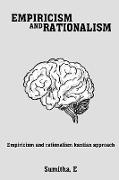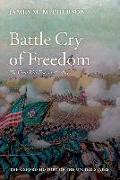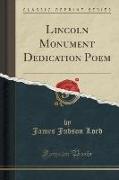Empiricism and Rationalism Kantian Approach
BücherAngebote / Angebote:
Introduction
Immanuel Kant's writings have provided an 'epistemological
turn' in Western philosophy during the so-called Age of
Enlightenment. Empiricism and Rationalism are two major
historical movements in the early modern period of philosophy that
had a significant impact on Kant. The Empiricists sought to have
knowledge through the senses and a posteriori reasoning. The
Rationalists attempted to use a priori reasoning to have
knowledge. Kant argues that both the method and the content of
the argument contain serious flaws. Kant's crucial insight here is
to argue that experience of the world is only possible if the mind
provides a systematic structuring of its representations. This
structuring is below the level of, or logically prior to, the mental
representations that the Empiricists and the Rationalists analyzed.
Kant's methodological innovations were to employ what he calls
Transcendental argument to prove synthetic a priori claims.
Philosophy literally means "love of wisdom." It is very difficult
to define philosophy in such a way as to please everybody.
Folgt in ca. 5 Arbeitstagen




